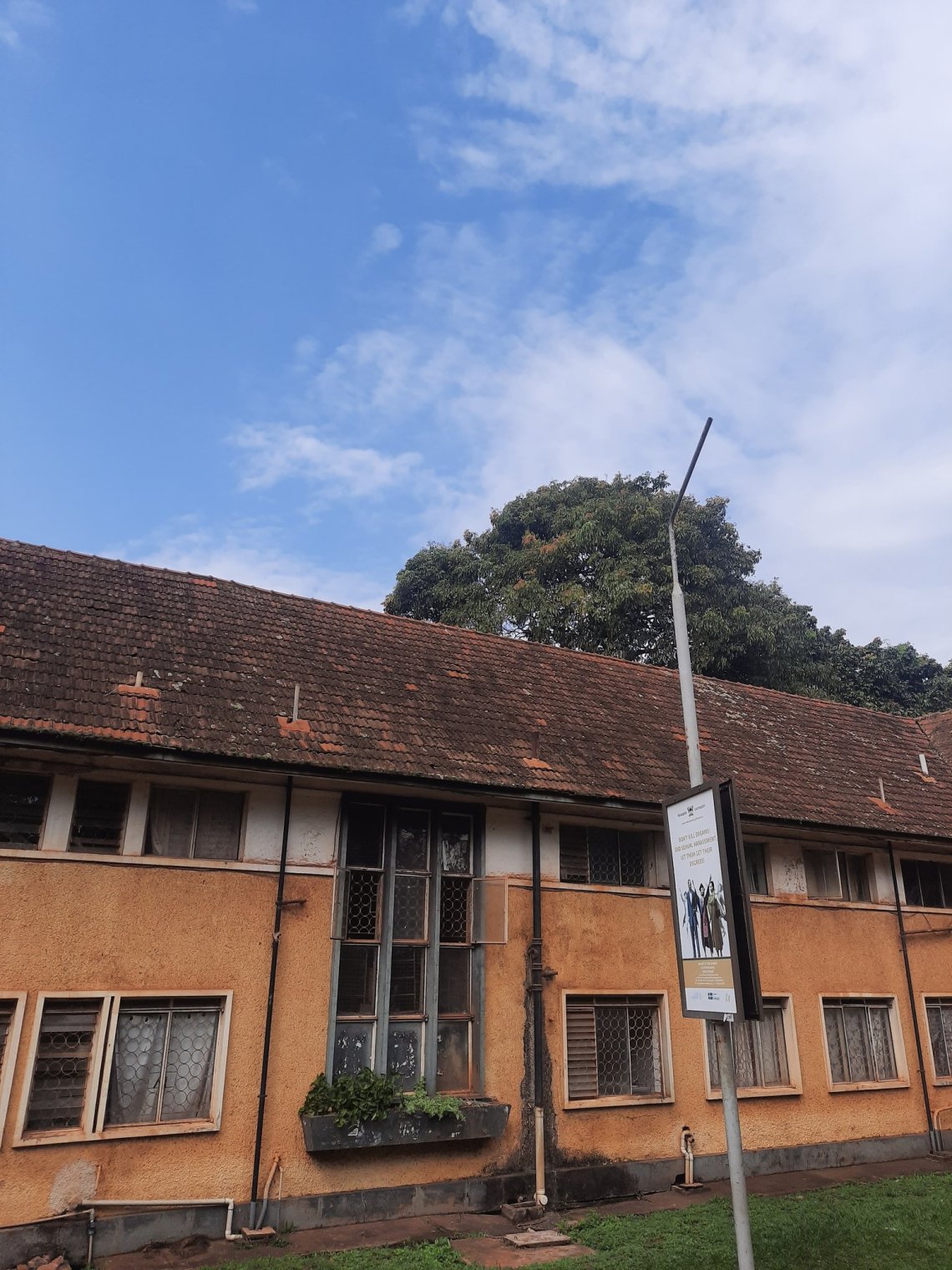Makerere University has suffered a major blow in the 2025 Times Higher Education (THE) rankings, falling from the top 10 in Africa to a tie for 41st place—a steep decline that’s sparking concern and criticism across the academic and public spheres.
Long considered East Africa’s flagship institution and a symbol of intellectual prestige on the continent, Makerere now finds itself far behind African powerhouses like the University of Cape Town, Stellenbosch University, and the University of the Witwatersrand, which continue to dominate the top of the chart.
The 2025 rankings evaluated universities across 18 metrics, including teaching quality, research output and impact, industry partnerships, and international outlook. Makerere’s drop signals deeper, long-running issues that critics say have been ignored for too long.
Why Makerere Is Falling Behind
Analysts and observers point to a mix of structural decay and leadership failures as the core reasons behind Makerere’s decline.
1. Infrastructure Decay
Students and alumni are openly describing campus facilities as “unlivable.” Residence halls are reportedly covered in mold, labs are under-equipped or entirely non-functional, and basic sanitation is collapsing. According to one commentator, even the university library lacks running water—forcing students to fetch water with jerrycans just to use the restroom.
2. Deteriorating Academic Environment
There’s growing criticism that the university has focused more on public image than substance. While some praise remains for its historical research legacy, critics argue that current output lags behind peer institutions. South African universities, for example, are hosting international conferences, launching book series, and regularly publishing in top journals—activities that have become rare at Makerere.
3. Leadership and Governance Concerns
Critics are also pointing fingers at university leadership. Social media users and former students accuse Vice Chancellor Prof. Barnabas Nawangwe of mismanaging the institution, with one post comparing his management style to “running a kindergarten.” Governance inefficiencies, leadership controversies, and a perceived culture of suppression—such as suspensions and lack of academic freedom—are said to be corroding the university’s intellectual climate.
4. Brain Drain and Underfunding
Persistent underinvestment in research and staff development has led to an academic brain drain. Talented faculty are leaving for better-resourced universities abroad, weakening Makerere’s research depth and institutional memory.
5. Neglect of Student Experience
While some African universities have modernized and invested heavily in both infrastructure and student welfare, Makerere is accused of sidelining its student body. Critics say there’s too much celebration of superficial achievements—like purchasing cars for administrative use—while the student experience continues to degrade.
A Broader Shift in African Academia
Makerere’s fall comes as other African countries are stepping up. South Africa now claims multiple top-tier institutions, while Egypt and Algeria dominate in numbers. Uganda remains in the rankings, but only barely, and without the former shine of its most iconic university.
The writing on the wall is clear: legacy alone is no longer enough. With academic competition rising across the continent, Makerere’s survival as a leading university will depend not on nostalgia but on reform.
As one commentator put it: “Whatever led to the drop must have started years ago. What did we fail to notice—or fix—in time?”








